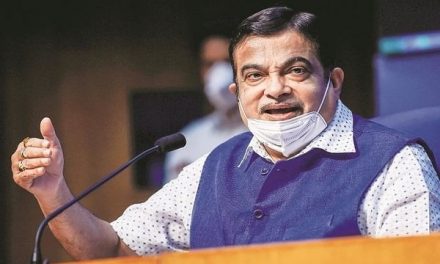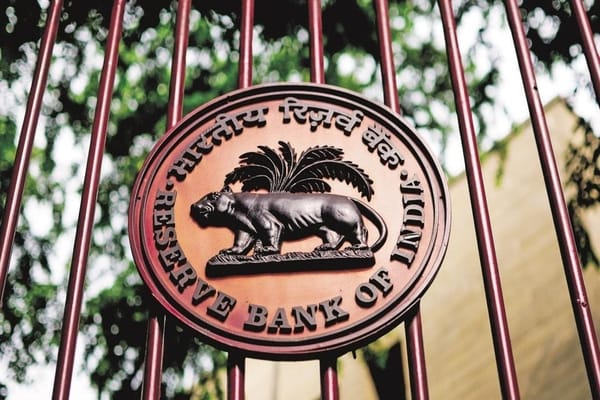Supreme Court affirms the central government’s implementation of the One Rank One Pension Policy for ex-servicemen and found no fault in its implementation.
In its order, the Supreme Court said that the decision of the government is not arbitrary and suffers from no constitutional infirmity. The Apex court also directed pending re-fixation exercise of OROP should be carried out from July 1, 2019, and arrears should be paid in three months
On February 23 hearing, the apex court had reserved its order challenging the Narendra Modi government’s implementation of the OROP which was announced in November 2015.
The Court further said that a refixation exercise must be conducted by the government for a period of 5 years with regard to pension payable to Army personnel as stated in the OROP policy in accordance with the November 7, 2015 notification. “Refixation exercise to be carried out from July 1, 2019. And arrears to be paid to Army personnel within 3 months,” the Bench ordered.
What is OROP?
The ‘One Rank One Pension’ rule means that retired soldiers of the same rank and length of service will receive the same pension, regardless of their date of retirement.
As per the scheme, the benefit will be with effect to 1 July 2014 and arrears will be paid in four half-yearly installments. All Army widows will be paid arrears in one installment and OROP will be fixed on the basis of the 2013 calendar year.
Since when was it pending and when did it come into effect?
It was pending for over four decades. It came into effect in 2018.











